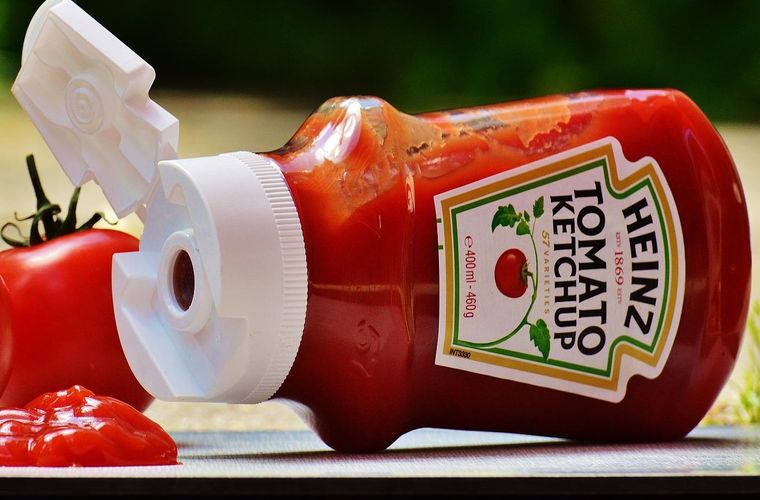Kraft Heinz, a large American corporation, has recently announced a deal with Microsoft to use virtual reality simulations in improving their supply chain. Kraft Heinz was created in 2015 after the two historical food giants of Kraft and Heinz merged. The company owns some of the biggest brands in the food industry, including Oscar Meyer, Velveeta, JELL-O, Lunchables, and Kool-Aid. Because of their big brands, kraft Heinz has struggled to meet the demands for their goods, especially due to supply chain issues. Thanks to metaverse technology, the company can find ways to improve its processes, making sure customers and stores get what they need.
Supply Chain Problems
Kraft Heinz isn’t the only company facing supply chain problems as many companies around the world have had significant issues in obtaining raw materials or moving products. Supply chain problems have, in part, stemmed from an increase in online shopping due to the COVID-19 pandemic. The pandemic has also exhausted the talent needed to move products, such as delivery drivers. More problems have emerged with international regulations, like fluctuating exchange rates. Due to all these issues, companies like Kraft Heinz are branching out to find new ways to improve their supply chain.
Kraft Heinz and the Metaverse
The company experienced its own issues with the supply chain as the demand for ketchup packets in food delivery increased. While Kraft Heinz President Carlos Abrams-Rivera said that they “handled that fairly well,” the company was still having issues as “inventory [was] getting trapped in the system.” This meant that the products could not be optimized for areas of higher demand. This in turn led to empty shelves at stores, which may have driven customers to buy products from competitors.

To fix this problem and find other areas of improvement, Kraft Heinz agreed to a deal with Microsoft, which created a digital twin of the company. A “digital twin” is a virtual reality representation of a real-life person or place. For Kraft Heinz, the digital twin was of their factory, allowing them to simulate all factory processes to find methods of improvement. Working with Microsoft also helped Kraft Heinz to automate more of its processes, increasing optimization. The digital twin simulation could also run automation processes to show their benefits. According to Abrams-Rivera, a single Kraft Heinz factory may produce multiple products. Analyzing the digital twin of the factory allows the company to find design flaws and ways to improve the manufacturing and delivery process.
Kraft Heinz does not currently own “a system that allows us to map the entire factory to see the best flow,” Abrams-Rivera said. With a digital twin, all that can change, as the company can catch errors before they happen. “Normally you wouldn’t know until you actually run the product on the line,” Abrams-Rivera added. The digital twin can also help Kraft Heinz to develop and test new products, expanding their markets. Thanks to this metaverse technology, the company can reduce the number of empty shelves or blocks in the supply chain that lead to issues further down the road.
Is a Digital Twin the Future?
With their ability to cut down on costs and boost efficiency, it will not be a surprise to see more companies use digital twins. Already companies like Amazon and Stara are using digital twins for product manufacturing or advertising. Companies like Microsoft are able to customize digital twin technology to a partner’s needs, helping that partner achieve its goals. Kraft Heinz may be the next company in a long line of other businesses that will soon take up this trend.
See also: 15 Best Digital Twin Companies To Look For In 2023
If you found this article to be informative, you can explore more current Digital Twin news here exclusives, interviews, and podcasts.













